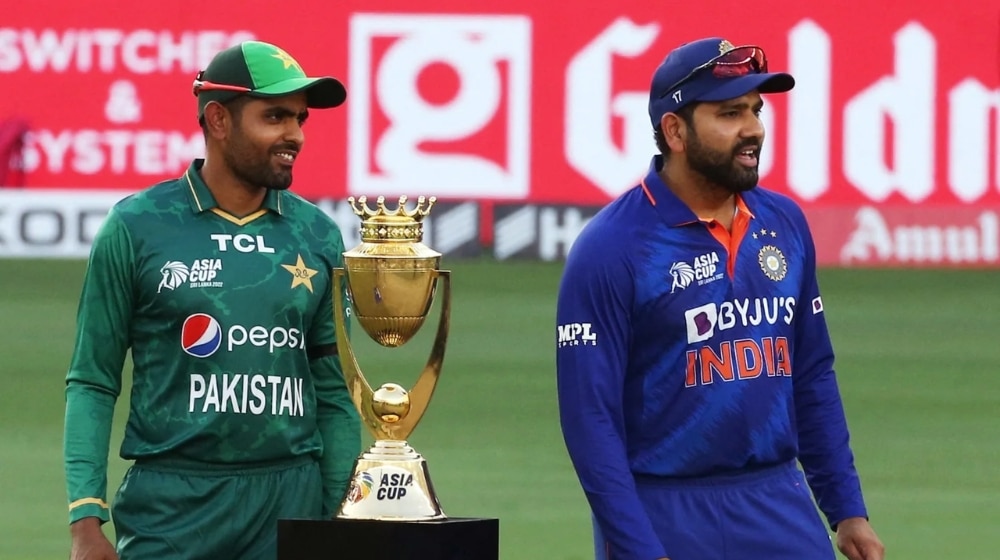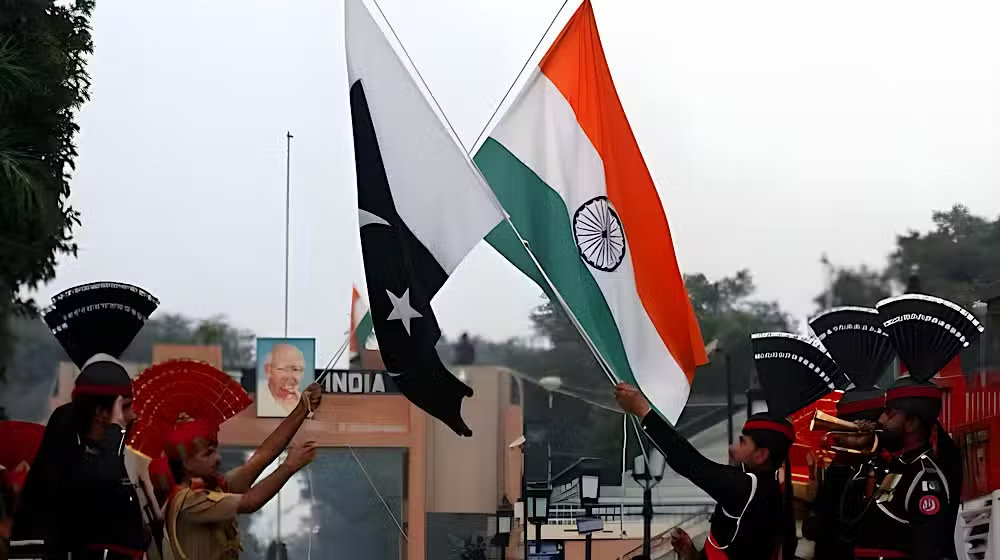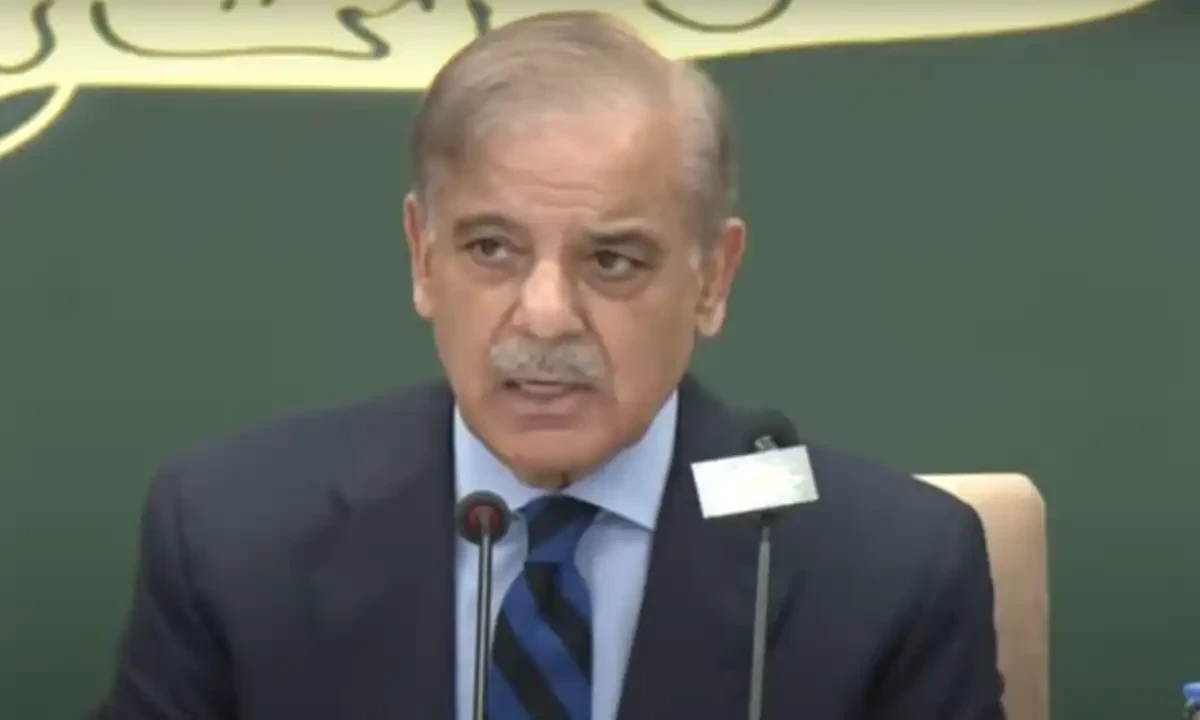The Board of Control for Cricket in India (BCCI) has once again cast a shadow over the upcoming 2025 Asia Cup, threatening to boycott the tournament if the venue of an important Asian Cricket Council (ACC) meeting is not changed.
According to foreign media reports, the BCCI has formally informed the Bangladesh Cricket Board (BCB), Pakistan Cricket Board (PCB), and ACC Chairman Mohsin Naqvi that it will not attend the July 2025 ACC meeting scheduled in Dhaka. The meeting’s agenda is to finalize the preparations for the Asia Cup set for September. However, India has stated it will not accept any decisions made at the Dhaka meeting and insists the venue must be changed.
This pressure tactic stems from recent political tensions between India and Bangladesh, which also led to the cancellation of India’s tour to Bangladesh. However, this is not the first time the BCCI has issued ultimatums regarding the Asia Cup—it has a history of asserting its influence over the tournament’s arrangements, often threatening boycotts when its conditions aren’t met.
READ MORE:
P@SHA Urges Pakistan to Ensure Predictable Tax Framework to Attract Billions in Tech Investment
The growing politicization of cricket in Asia is now affecting not only Pakistan and India—whose rivalry is longstanding—but also the broader regional harmony. With key cricketing nations like Afghanistan, Sri Lanka, Bangladesh, Pakistan, and India part of the Asia Cup, any internal power struggle within the ACC risks jeopardizing the entire future of the tournament.
Despite BCCI’s pressure, PCB Chairman and current ACC President Mohsin Naqvi has remained firm in his decision to hold the meeting in Dhaka. This stalemate illustrates the increasing tension between cricketing bodies in Asia, where administrative decisions are being shaped as much by political considerations as by sporting priorities.
As the standoff continues, the Asia Cup 2025 remains uncertain. Unless a compromise is reached, there’s a growing possibility that this year’s tournament may be cancelled altogether.
One thing is clear—Asian cricket is now a battleground of influence, where power off the field often overshadows the action on it.




